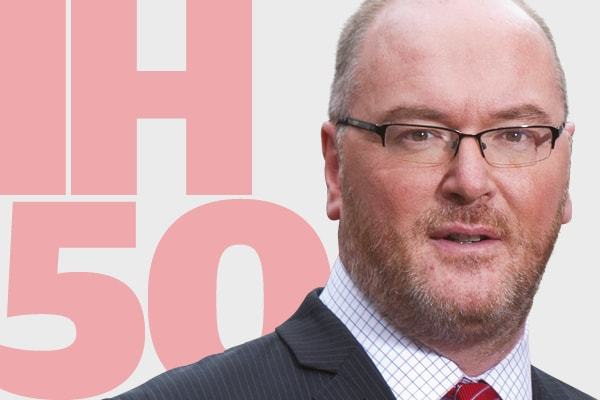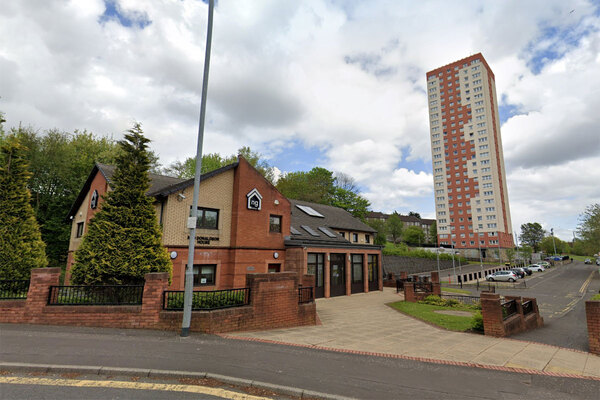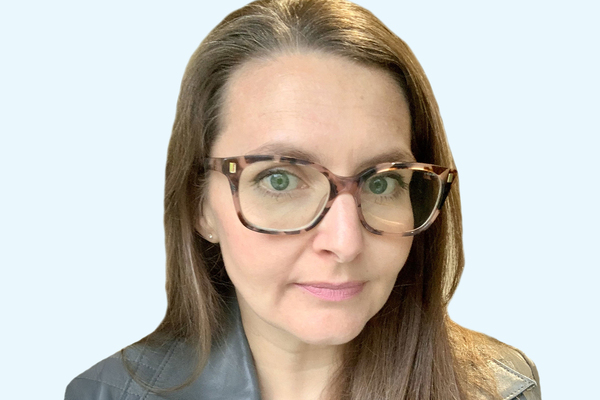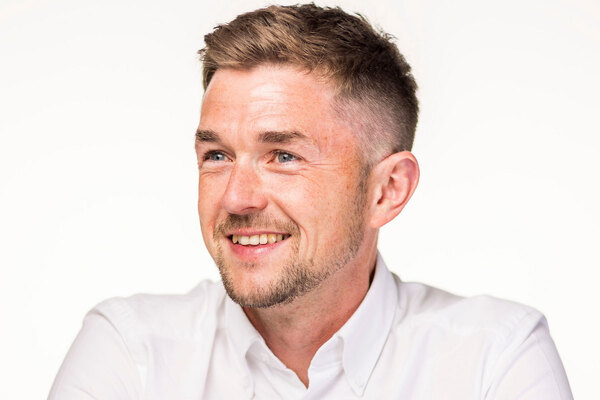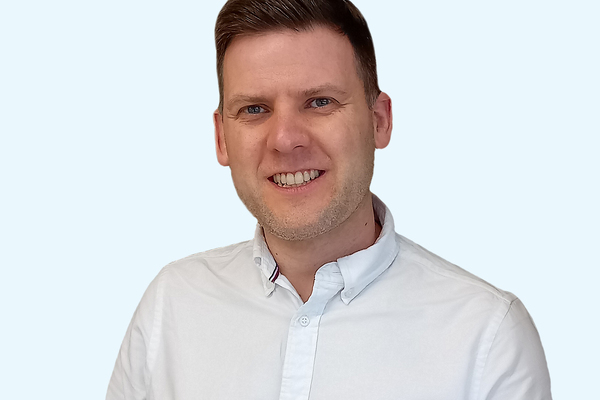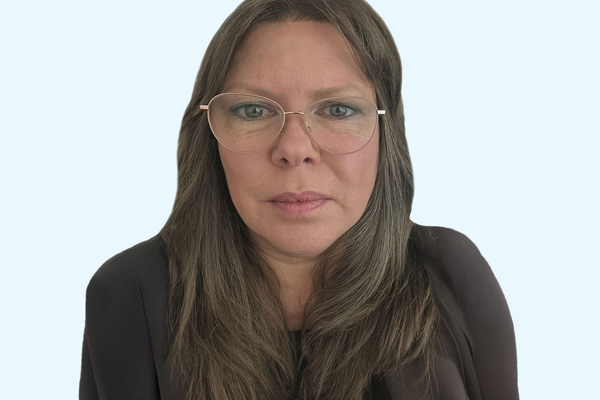You are viewing 1 of your 1 free articles

Oral history is necessary to truly quantify housing associations’ social purpose
To truly understand the impact of a housing association’s work, and what its communities need, oral history is a crucial tool, writes Richard Jennings
At Castle Rock Edinvar and Places for People we have had a neighbourhood strategy in place for over 10 years which has enabled us to focus on what individual neighbourhoods need and has informed our service and investment priorities.
Now, following several independent reviews, we are reflecting on our neighbourhood model and looking at the potential of new data, richer customer feedback and an overall change in our operating environment to ensure we are delivering on our placemaking vision.
Alongside the usual analysis of impact, both financial and social, we wanted to delve deeper in to the role of the housing association in creating places that work for everyone.
In previous years, we have used customer insight and satisfaction surveys to provide the context for the ‘hard’ facts.
The challenge we have always faced with the information that these surveys generates is the “so what?” question.
When 68% of our tenants say they are managing well financially this can easily be misinterpreted, the true grit in the conversation is often lost in translation, what does managing well financially actually mean?
This is where the oral history research methodology comes in, closed questions only give one level of answers, typically a yes or no, and multiple choice questioning gives the questioner control of the answers.
There is no scope for someone to explain things on a personal level, to explain how it works for them, or indeed how or why something doesn’t work.
Over the next three years, we are embarking on an exciting new project in partnership with the University of Strathclyde to develop the use of oral history in the shaping of our placemaking strategy.
Our is aim to have a better understanding of our own impact in our communities and to focus our resources on what our customers need, whether delivered by us or our partners.
“We believe oral history will provide us with deeper insights to inform our future priorities”
Oral history is already being used to inform policy and practice in sectors as diverse as international development and the drinks industry, and we believe it will provide us with deeper insights to inform our future priorities.
By recording our customers’ memories, experiences and opinions as living history, we can scratch beneath the surface of views gathered in our traditional customer surveys to gain a new understanding of the data, which could challenge our received wisdom of the present and past.
At a time of ever greater scrutiny on our ability to engage and listen to our customers this is the right time to explore new techniques that will help us to ensure that we remain relevant to the people and communities within which we exist.
Richard Jennings, managing director, Castle Rock Edinvar
Related stories

